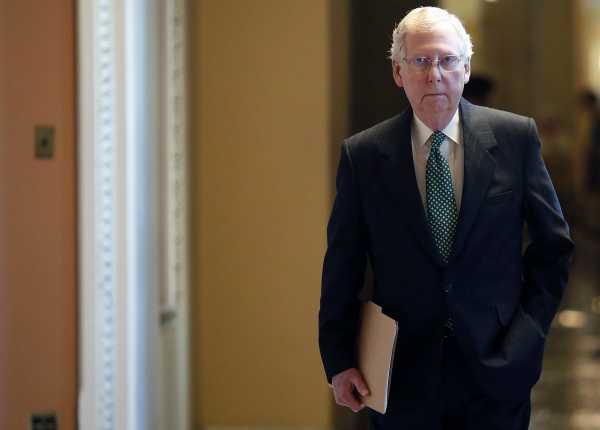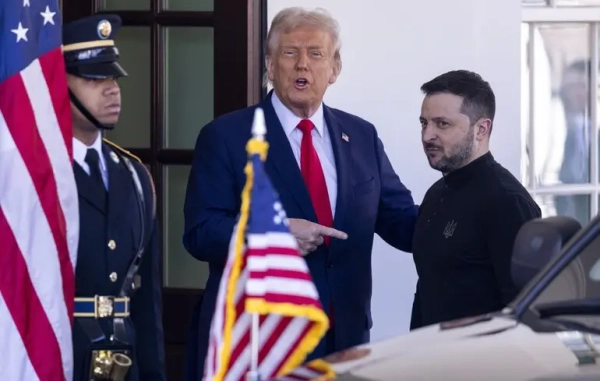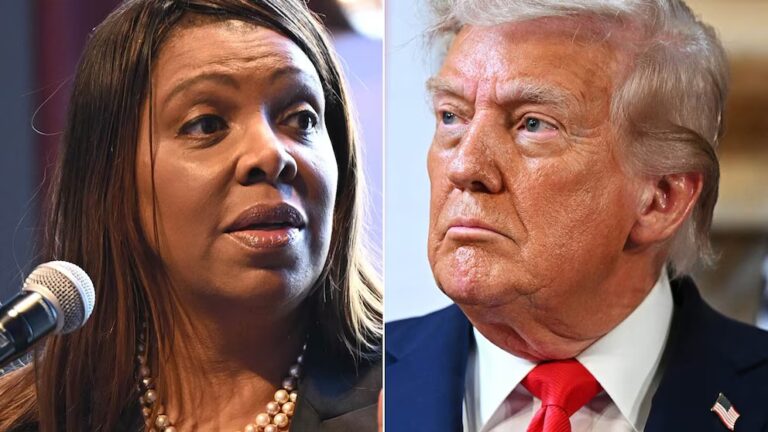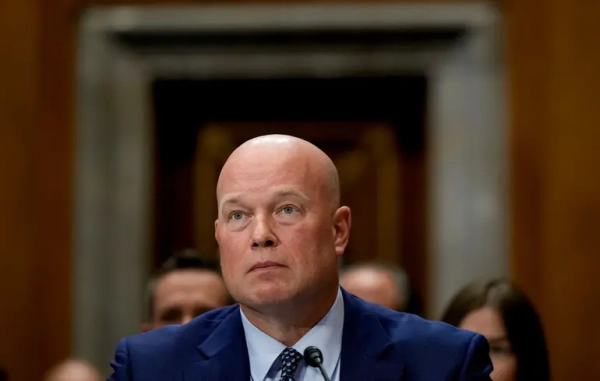
During a speech on the Senate floor on Tuesday, Majority Leader Mitch McConnell (R-KY) made a remarkably cynical effort to use election fraud in North Carolina as a political cudgel to attack Democrats.
McConnell tried to pin blame for absentee ballot fraud that allegedly helped Republican Mark Harris narrowly prevail in last November’s election in North Carolina’s Ninth Congressional District on Democrats, because Democrats don’t support voter ID laws. But what McConnell didn’t acknowledge is that voter ID laws like the one already on the books in North Carolina are powerless to stop the sort of election fraud in question.
“For years and years, every Republican who dared to call for commonsense safeguards for Americans’ ballots was demonized by Democrats and their allies,” McConnell said. “We were hit with left-wing talking points insisting that voter fraud wasn’t real. ‘Never happens,’ they said.
“Now that an incident of very real voter fraud has become national news and the Republican candidate seems to have benefited, these longstanding Democratic talking points have been really quiet. Haven’t heard much from Democrats lately about how fraud really happens,” McConnell continued.
The irony is that during a trial about North Carolina’s voter ID law in early 2016, a political science professor explicitly warned it was powerless to prevent a real issue: fraud involving absentee ballots.
“If the rationale were to prevent voter fraud, it would focus on absentee ballots,” said Barry Burden from the University of Wisconsin-Madison at the time. “The consensus is fraud is more common among mail ballots.”
An audit conducted by North Carolina’s Board of Elections later that year noted “irregularities affecting absentee by-mail voting” in the Ninth District — the same one at the center of the current controversy.
Harris benefited from a coordinated scheme run by a man named Leslie McCrae Dowless “to unlawfully collect, falsely witness, and otherwise tamper with absentee ballots,” as Vox’s Dylan Scott put it last week in his report about a hearing that ended with the North Carolina State Board of Elections unanimously calling for a new election in the Ninth District.
During the hearing, Harris’s son John Harris — an assistant US attorney — provided emotional testimony indicating he repeatedly warned his father that what McCrae Dowless was up to was illegal. But according to John Harris, his father didn’t heed his warnings and ultimately hired McCrae Dowless to work for him. By the end of the hearing, even Harris acknowledged a new election is needed. On Tuesday, he announced he won’t compete in it.
While there were numerous indications that North Carolina’s absentee by-mail voting system had weaknesses, cases of voter fraud that voter ID laws like the one on the books in North Carolina are designed to prevent are exceedingly rare. As ThinkProgress notes, “studies have repeatedly found you are more likely to be struck by lightning or report seeing a UFO than to engage in voter fraud.”
As is the case when Republicans promote voter ID laws more broadly, McConnell’s real goal with his comments on Tuesday was to help Republicans win office by making it more difficult for Democrats to vote. Along similar lines, last month McConnell wrote a scathing op-ed in the Washington Post in which he criticized House Democrats’ recent efforts to expand voting rights as a “power grab.”
Like McConnell, President Donald Trump has also tried to spin the facts surrounding Republican election fraud in North Carolina to use it against Democrats. Asked last Friday by a reporter about why he hadn’t denounced Harris’s conduct, Trump immediately pushed a false equivalency with made-up election fraud and made a string of false claims about purported election fraud in other parts of the country.
The news moves fast. To stay updated, follow Aaron Rupar on Twitter, and read more of Vox’s policy and politics coverage.
Sourse: vox.com






